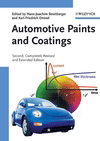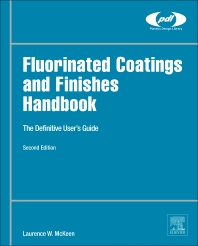Houston Plating & Coatings Celebrates 30th Anniversary

HOUSTON — Houston Plating & Coatings (HP&C) is celebrating its 30th anniversary of providing corrosion and wear-protection services to energy and other equipment manufacturers in a variety of industries across the Southwest and the nation. A one-stop-shop, HP&C has grown to be one of the largest such service firms in the Southwest by providing its customers with electroless nickel plating, SBN/QPQ (salt bath nitriding), zinc and manganese phosphate, and a wide variety of spray coatings, at its South Houston and Humble, Texas, plants.
According to President and CEO William Howard, “Our success is a direct result of a dedication to customer service and our outstanding, dedicated people. HP&C strives to produce a frictionless business environment for its customers’ corrosion and wear protection needs by employing supply chain-based solutions. HP&C has over 1500 active customers and processes over five million parts annually. Our dedication to quality, customer service, and our employees resulted in Products Finishing Magazine awarding HP&C a ‘Top Shop’ designation for both plating and spray coating processes, one of only four companies in the United States to receive that prestigious double award. The services we provide are usually the last step in the manufacturing process, so any completion delays cost money for our clients. That is why we have continuously added capabilities and expanded capacities to get even the most complex jobs done and out the door, on time and on budget.”
Howard came to HP&C 15 years ago when he assembled a group of investors to acquire the company from its founder, Joe Crutchfield, and began adding services and facilities to meet the energy industry’s forecasted growth. He added, “During the 2015-2016 energy downturn we consolidated and streamlined most operations while adding additional capacity, making HP&C an even better, more efficient company. We have recently contracted to be the first U.S. coatings company to acquire near zero emission coating booths that will be installed at both plants, which will enable us to not only eliminate virtually all greenhouse gas emissions, but also permit expanded services without concern for exceeding permit limits.”
Looking for a reprint of this article?
From high-res PDFs to custom plaques, order your copy today!








